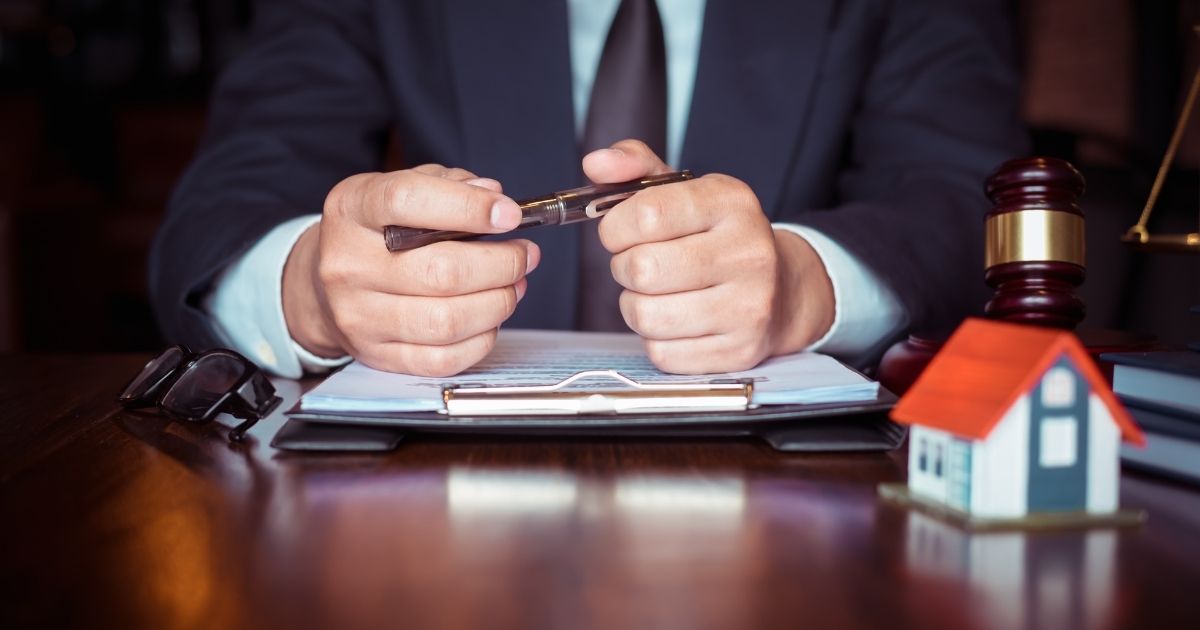What is earnest money, and how much will you pay?

When deciding to make a significant financial transaction, it is important for individuals to know exactly what they are getting into. For example, if New Jersey residents are ready to buy a home, they need to understand that a lot more money goes into the process than simply the asking price for the property. In particular, one money matter that prospective homebuyers need to understand is earnest money.
Earnest money essentially shows a seller that a person is truly interested in purchasing the property. It is all too easy for a seller to miss out on opportunities when someone seems interested but then suddenly backs out of the deal. Putting down earnest money is a good-faith measure that shows the seller that the buyer has every intention of moving forward with the transaction as long as no extenuating circumstances exist.
Though this payment is a show of good faith, it is still a significant amount of money. Often, the amount of money can hinge on various details, including:
- The price of the property
- Whether the buyer and seller agree on a percentage amount, such as 5% of the asking price
- Whether the buyer and seller agree on a fixed amount, such as a set $1,000 payment
- The area in which the property is located
In any case, the amount of earnest money provided is nothing to brush off, which is why it is important that the funds go into an escrow account held by an unbiased third party, like a mortgage lender or real estate brokerage. This step keeps the funds out of the seller’s hands until the deal is final. It is also important that New Jersey buyers understand when circumstances may warrant getting the money back, when the money goes to the seller and more. Discussing this and other money topics with real estate attorneys is wise for gaining reliable information.




 908-679-5011
908-679-5011



